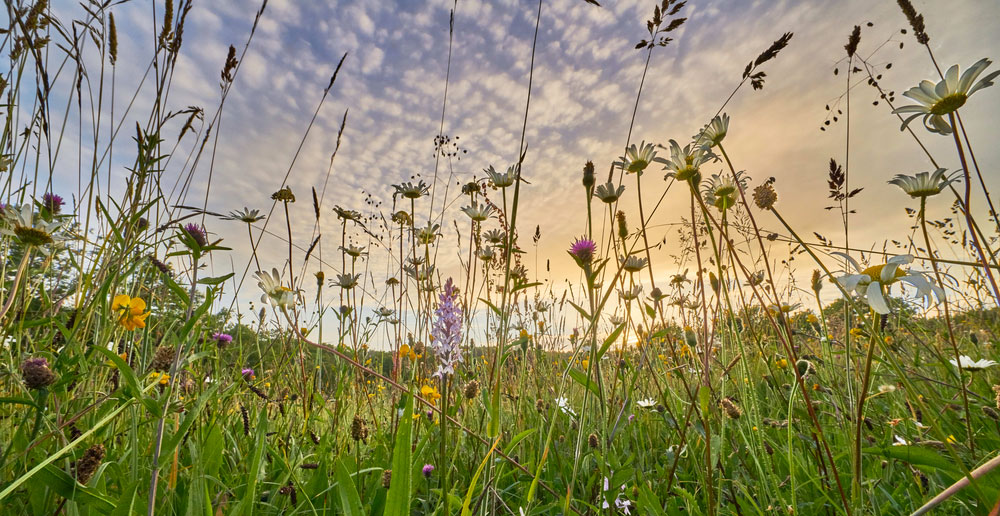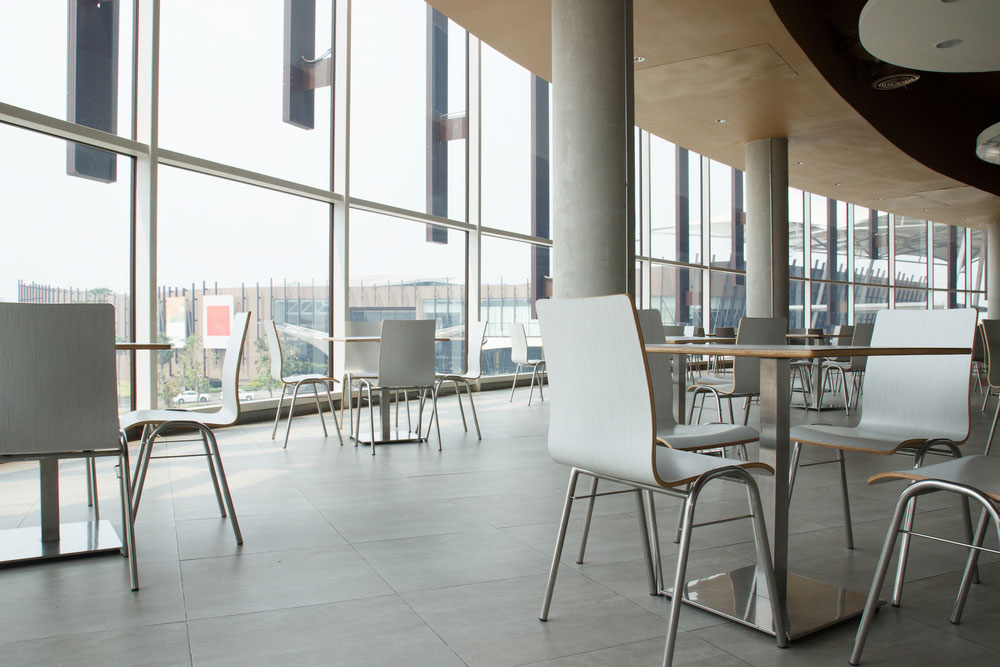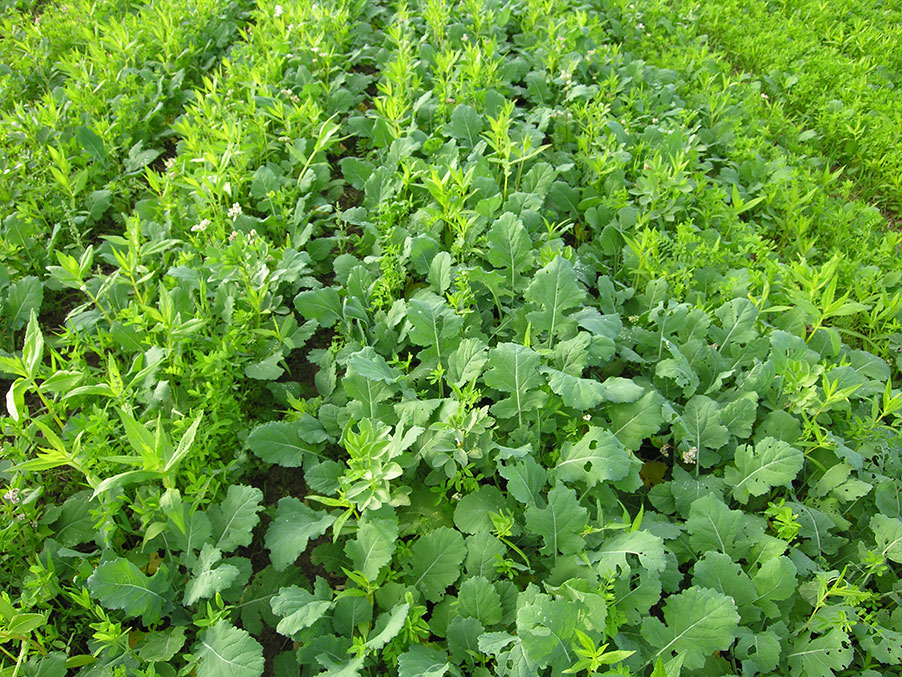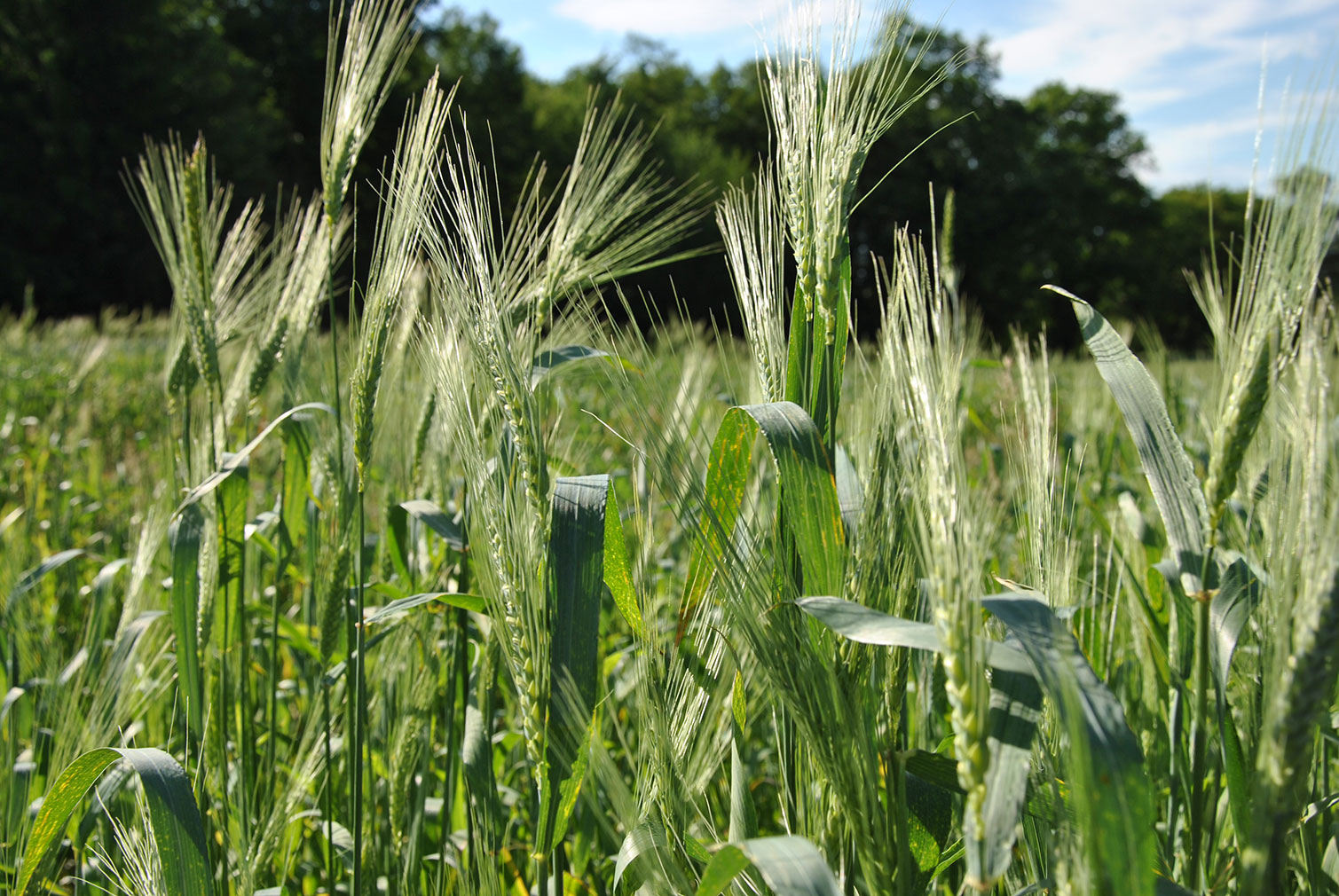
Farmers must not be left alone in their technical and strategic questioning, nor must they take all the risks in the agro-ecological transition.
Working in a group makes it possible to progress more serenely, by pooling work, successes and failures. The CDA facilitates farmer groups to work at all levels of decision-making on the farm:
- Workshops on the co-design of innovative systems to work on the strategicpositioning of your farm (production balance, crop and livestock farming system, value-adding methods, etc.).
- Support for group experimentation todevelop and technically master innovative practices (setting up test protocols and monitoring, technical-economic analysis and restitution of results).
- Collective plain tours to better anticipate, understand and manage the bio-aggressors and climatic conditions of the year, thanks to our partnership with Agrifind Alertes..
Our offers for the animation of groups of farmers
Subcontract your experiments to CDA’s expert agronomists
A contract of trust
You don’t have the human resources or the land to carry out your experiments? CDA engineers and our network of partner farmers make them for you. Different types of soils and climates are possible depending on your constraints and experimental objectives.
Our approach allows you to test in situ:
- your new generation inputs (soil activator, natural defence stimulator, biocontrol, plant cover, etc.),
- vos machines,
- your research in agronomy (innovative technical itineraries, etc.).
We adapt to your needs at each stage of the experimentation process:
- We draw up the experimental design and protocol as well as the sampling methods.
- Our network of partner farmers carries out operations in the field, under the supervision of a CDA engineer.
- We carry out sampling and field surveys.
- We interpret and analyse the results
- We value the results obtained.
Capitalising on knowledge and know-how to progress collectively or individually
Many farmers are testing on their farms individually or as part of collective dynamics, but what about the capitalisation of this knowledge? How can these tests be transformed into high-performance technical itineraries? This is the objective of good experimentation practices: co-construct, conclude, and apply.
Que signifie “expérimenter” ?
We support the conduct of participatory experiments in order to collectively test practices and knowledge. The aim here is to co-construct tomorrow’s solutions as a group, to become a local reference and to share knowledge and skills.
Experimenting is not just about testing a practice, it is also abouttrying to answer a question that one is asking oneself.
Experimenting should make it possible, after observation, to draw conclusions but also to ask new questions.
It is a virtuous cycle where results lead to other results.
Why co-construct?
- Being more autonomous
- Meeting its objectives
- Sustaining practices over the long term
What are the stages of co-construction?
- Choosing the factors and modalities to be studied
- Set up an experimental plan adapted to the objectives of the trial,
- Define the protocol and the associated data entry sheets,
- Carry out readings and/or sampling in the field,
- Processing and analysing data
- Valuing the results obtained.
Theexperiments are set up by farmers and CDA facilitators, during specific workshops.
Technical follow-up
During the experimental campaign, the trials are monitored visually by the farmers and in detail by the CDA facilitators reporting the data. These data will then be analysed in order to derive numerical results.
Tours of the plains are also organised so that everyone can observe the results in the field and exchange ideas.
Valorisation
At the end of each experimentation campaign, the results of each one are put into perspective duringa campaign assessment. These assessments make it possible to open the discussion on the modifications à apporter aux to be made to the experiments and toinitiate exchanges on the future of these experiments (e.g. perpetuation, setting up of a production chain).
Become efficient, profitable and resilient thanks to the collective intelligence of farmers
Why participate in a co-design workshop?
When one encounters blockages on one’s operation, confronting one’s system with outside views can help to move forward by taking a step back. A fresh eye makes it possible to circumvent problems and consider new solutions. Brushing up on all aspects of the system ensures its overall coherence, drawing on the experiences of each individual.
Our services
We offer you a service during which:
- The role of the CDA will be to animate, to initiate and frame the discussions, and to observe, to synthesise the exchanges and conclusions.
- The role of advisor will be held by a group of 5 to 7 expert farmers.
Expert farmers are selected on the basis of their interest in the workshop and the knowledge they will bring to the table. The diversity of operating systems represented will enrich the discussions. The points of view will complement each other in order to produce solid,quantified and verified recommendations.
Course of the workshop
- Preparation of the upstream workshop between CDA and farmer advisors
- Commented presentation of the farm and objectives to expert farmers
- Presentation of the objectives of change
- Work of the group of experts to identify avenues for change
- Restitution and discussion of the proposals
I am a farmer actor of my change!
At the request of farmers, CDA has developed a real coaching service for farmers: DIPCO (Describing a system, Imagining change, Thinking innovation, Building a project).
DIPCO is for you if :
- You are wondering about your operating system.
- You wish to change and innovate to improve your situation.
- You are wondering how to achieve your goals.
- You are involved in a dynamic of change driven by the social and/or political context (e.g. MAEC), etc.
For what purpose?
This approach offers you the opportunity to project yourself differently in your activity and to move forward in your thinking and your projects.
- Describe a system in order to understand how it works and to clearly formulate the problems,
- Imagining change and projecting oneself into the future in a positive way,
- Thinking about innovation and receiving assistance in designing a sustainable system (i.e. viable, liveable, equitable),
- Build a project and establish a relevant roadmap for the evolution of the system. Relevant because it is adapted to the public and the situation
Our services
We offer a complete and individualised approach. It takes the form of an interview with the farmer, based on support techniques and the analysis of the farmer’s logic of action, i.e. his reasons for doing what he does. It is possible to extend this initial approach by a support contract, on the proposal of the facilitator or at the direct request of the farmer.
The support contract
This contract, co-constructed with the farmer, defines thefarmer’s development objectives and the resulting needs: farm diagnostics, technical advice, training or experimentation…




